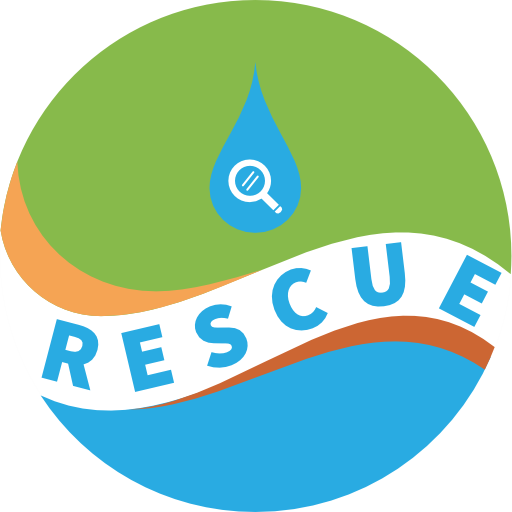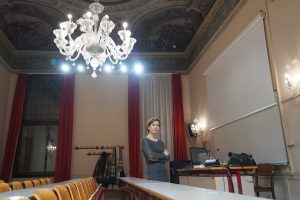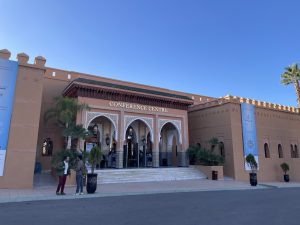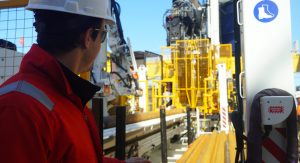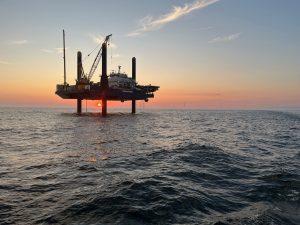Members in the Project RESources in Coastal groundwater Under hydroclimatic Extremes (RESCUE), a groundbreaking project funded by Water 4 All and co-funded by the European Union, have attended and presented at the 7th edition of Flowpath 2025. Cristina Corradin ( National Institute of Oceanography and Applied Geophysics – OGS) and Professor Luca Zini (University of Trieste – UNITS) were present at the National Meeting on Hydrogeology, organised by the Italian Chapter of the International Association of Hydrogeologists (IAH), which took place in Turin, Italy from 11–13 June. This biennial event brings together groundwater modelers and hydrogeology experts from across Italy and abroad to exchange ideas and present methodological advancements in the field.
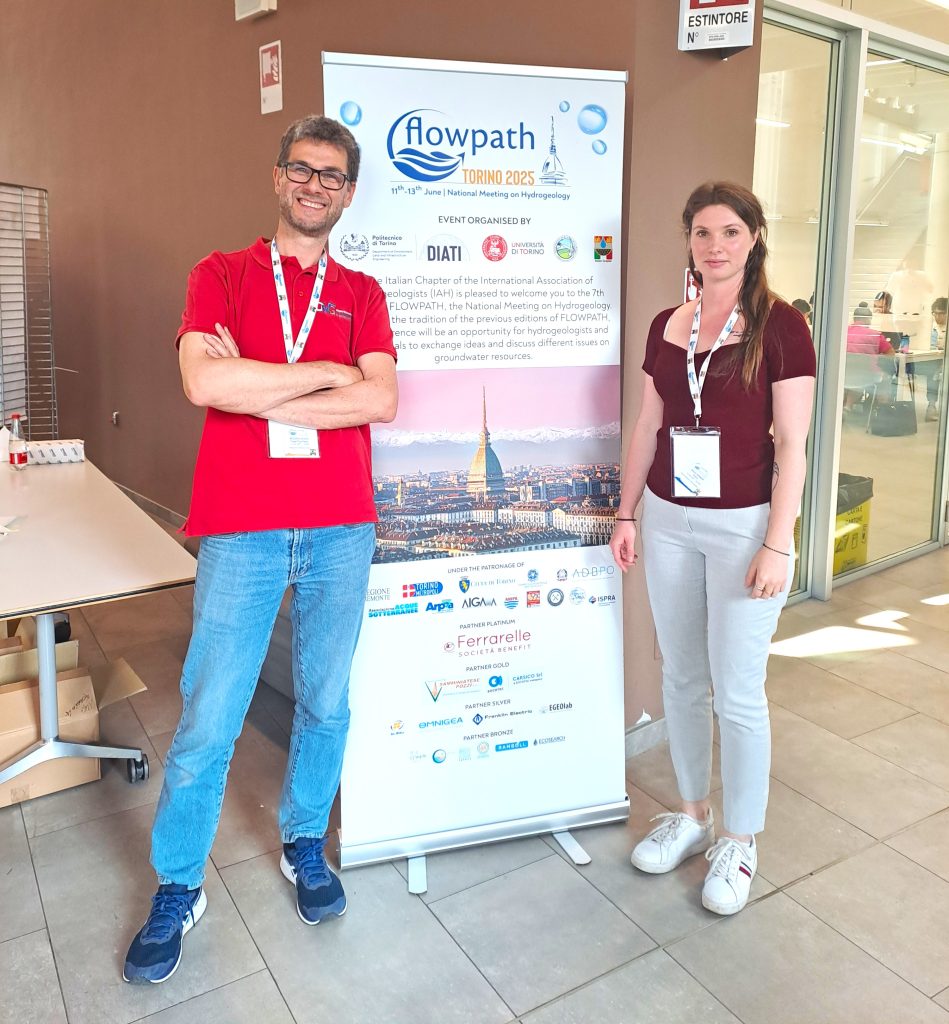
Above: Prof. Luca Zini and Cristina Corradin
Cristina Corradin presented in person her abstract “Investigating the north-eastern Adriatic basin and coastal plain through hydrogeological modeling: insights on potential offshore freshwater aquifers”, during the groundwater modelling session. The work, which forms part of her PhD research, focuses on the easternmost sector of the Venetian-Friulian Plain and the Northern Adriatic Basin. This area was selected as a test case to develop and assess the most suitable modelling methodologies to be applied within the RESCUE project. Her presentation showcased an integrated modeling framework that combines geological, geostatistical, and numerical tools to explore the availability and behaviour of offshore freshened groundwater (OFG). The study emphasised the interdisciplinary approach of RESCUE in investigating offshore and deep onshore low-salinity aquifers across European coastal regions.
Below: Cristina’s presentation

Professor Luca Zini, Cristina’s PhD advisor, attended as co-author of both Cristina’s presentation and an additional abstract presented by Benedetta Surian, who is not connected with RESCUE, on “Comparison of electrical resistivity tomography and frequency domain electromagnetic methods for mapping seawater intrusion in shallow aquifers.”
Flowpath is attended by hundreds of hydrogeologists and offers an important opportunity to share the objectives and progress of the RESCUE project with Italy’s hydrogeological community. It also fosters connections with researchers tackling related challenges, such as coastal aquifer dynamics, groundwater–surface water interactions, and the implications of climate change for freshwater availability.
The 36-month long Project, which began in March 2024 and ends in February 2027, is led by UNITS, and as well as OGS includes partners Ruden AS, University of Derby (UoD) and the University of Malta.
RESCUE’s objective is to build knowledge on deep coastal onshore aquifers, as well as offshore aquifers with low salinity in European coastal waters, in order to evaluate the potential of freshwater resources and help guarantee the steady provision of water to the general populace and industry during times of hydroclimatic extremes.
